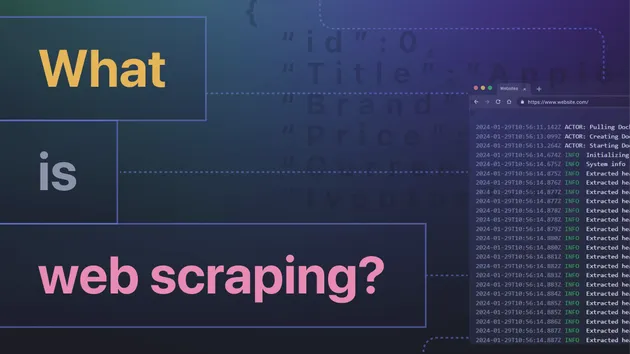Dynamic Web Scraper
Pricing
Pay per event
Dynamic Web Scraper
Dynamic Web Scraper is an Apify Actor that gathers information online by simulating user browsing behavior on the web. It reduces the time and amount of scraped web pages by using a model (ChatGPT) to make decisions regarding browser navigation and results evaluation.
Pricing
Pay per event
Rating
0.0
(0)
Developer

Pepa J
Actor stats
8
Bookmarked
312
Total users
7
Monthly active users
a year ago
Last modified
Categories
Share




